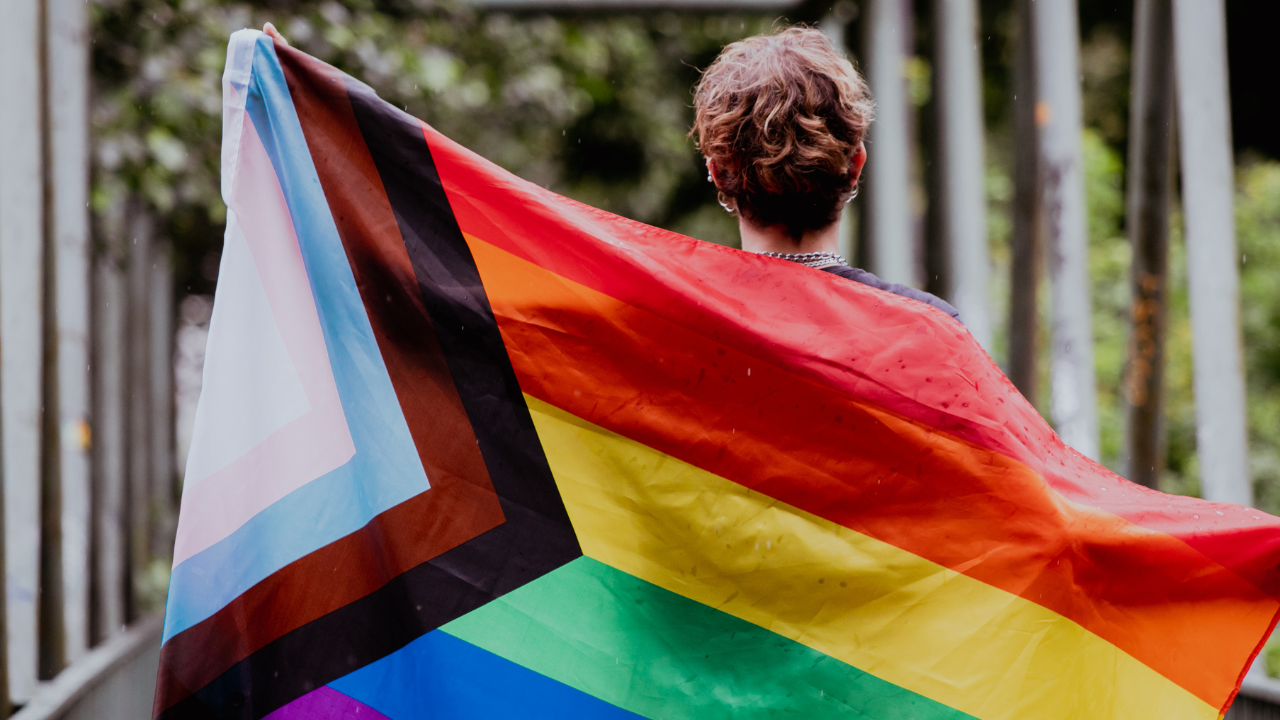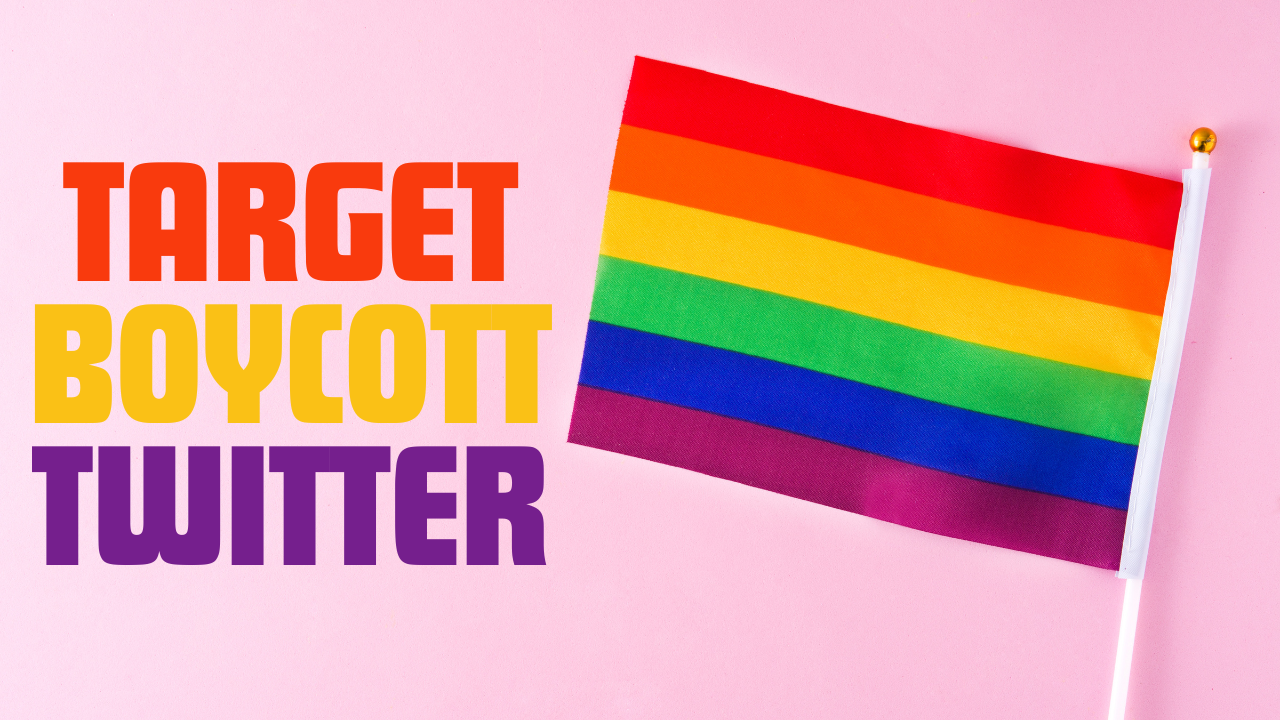What Do You Understand By Target Boycott Twitter?
- 1 The Backlash Begins
- 1.1 Attacks and Misinformation Lead to Pullbacks
- 1.2 Defenders Speak Out
- 1.3 Boycott Threats Continue
- 1.4 Wider Impacts
- 2 Conclusion
- 3 FAQs
- 3.1 What products caused the initial backlash against Target?
- 3.2 How did Target initially respond to the criticism?
- 3.3 Did LGBTQ+ advocates agree with Target’s decision?
- 3.4 What evidence is there that the boycott impacted Target’s bottom line?
- 3.5 How does this fit into the larger culture war context?
In Short:
- Target boycott twitter unveiled a 2023 Pride collection, including a tucked swimsuit that received immediate criticism.
- Conservative voices across social media called for boycotting Target over the Pride merchandise.
- Target pulled some items due to safety concerns and threats to employees.
- Supporters of the LGBTQ+ community criticized Target for removing Pride products. It’s unclear if viral outrage will substantially impact Target’s sales figures.
Retail giant Target boycott twitter was the subject of intense debate this past May when it unveiled a new line of Pride-themed merchandise. What began as excitement from LGBTQ+ customers and allies soon became outrage from conservative corners of social media. This ultimately led to viral calls across platforms to boycott the chain store.
The Backlash Begins

On May 5th, Target released their 2023 Pride Collection in stores and on their website. It contained apparel, accessories, home goods, swimwear sporting rainbow designs and messages like “Love is Love.” One particular swimsuit almost immediately garnered criticism – a tucked bikini brief meant to provide a smooth front profile. It comes as transgender women and drag performers have helped popularize tucking via shows like RuPaul’s Drag Race. Still, the idea of Target offering tucked swimwear shocked some consumers. Several prominent conservative voices began sharing photos and videos decrying the tucked bikini brief and other Pride products. They expressed anger over such merchandise being marketed toward children. However, the tucked swimsuit in question is only available in adult sizes. Despite this, outrage spread rapidly online. Some angry customers and commentators left threatening reviews and comments attacking the collection’s designer and Target employees. Others took to Twitter, TikTok, and YouTube to share their disgust, criticize Target, and call for boycotts.
Attacks and Misinformation Lead to Pullbacks
The hostility towards Target experienced during the three weeks soon became alarming in the online and physical stores. Target reported in a statement on 24th May that some products will not be available in its Pride section of both online and retail shops. They argued that “our staff members’ feeling of safety and well-being on the job was already being affected by threats.” The company explicitly said that employees had been subjected to verbal abuse from angry clients. Genderless, everything that the British streetwear brand Abprallen creates was among the items pulled in. The most popular shirt in opposition was the one with the caption, “Satan respects pronouns.” This started a wave of demonic attacks.
The creator of Abprallen, on the other hand, stated that Satan was merely a symbol that was meant to be arousing and provocative. Yet, the heat eventually made the target to cut off the whole relationship. Now, there is nothing to search for for “Abprallen” on Target’s website. Moreover, Target halved the Abprallen collaboration and lowered the scale of other Pride offerings. The amount of items displayed has decreased since late May, both on the website and in the shop. The corporation has yet to make the specificities of the removals public, though.
Defenders Speak Out

Those who applauded Target’s famously inclusive annual Pride collections were quick to condemn the removal of items. Many LGBTQ+ customers and allies felt Target had caved to unfair pressure rather than standing up for diversity. “I’m so over the fake corporate LGBTQ+ support,” one disappointed Twitter user wrote. “When all these brands change their logos to pride colors…they better actually put money towards the cause too…” Politicians also weighed in. California governor Gavin Newsom accused Target of “selling out the LGBTQ+ community to extremists” in a tweet: “Target is selling out the LGBTQ+ community to extremists – removing Pride merch after fake outrage & threats of violence from right-wing crazies. This is a systematic attack on the gay community. Corporate America must stand up to bigotry.” His high-profile criticism signals the increasing expectations for corporations to actively support social causes rather than shy away at the first signs of conflict.
Boycott Threats Continue

- Despite pulling back certain products, calls for completely boycotting Target continue brewing on social media.
- Conservative podcast host Graham Allen remains one loud voice urging hundreds of thousands of followers to cease shopping at Target. In a viral tweet, he wrote, “Target does NOT deserve our business.”
- The tweet contained a TikTok video equating Target’s Pride merchandise to the grooming and sexualization of minors. It shows adult shoppers indicating children’s shirts and toys decorated with rainbows.
Such false associations between queer identities and harming children have spurred discriminatory legislation attempts across the country. Activists argue politicians and public figures making these links fuel bigotry and hate, potentially endangering LGBTQ+ youth.
Past Success, Uncertain Future
Wider Impacts
The heated discussion has broader ramifications for the current cultural wars. Target’s move to reduce its Pride merchandise line is only the most recent example of a business caving into conservative viewpoints on LGBTQ+ identities. Earlier in May, Budweiser encountered a viral boycott following a brief sponsored collaboration with transgender personality Dylan Mulvaney. Given the barrage of complaints, the company swiftly distanced itself from Mulvaney despite no long-term sales effects. Like Target, Budweiser’s moves conveyed that strong right-wing internet outcry may impact business strategy. In the end, this serves to validate the beliefs of individuals who support prejudice against underrepresented groups. Studies do, however, indicate that overall, expenditures in inclusive marketing and jobs pay off. Target may get assistance from progressive sympathizers if the reaction persists, as seen by the recent reversal of Roe v. Wade.
Note: The controversy around Target’s 2023 Pride Collection greatly influences the company’s sales and reputation. The reaction was mostly driven by conservative voices on social media, calling for a boycott because of a specific Pride-themed item, particularly a tucked swimsuit. The company responded by removing some of the items, noting that the safety and well-being of employees were threatened.
Conclusion
To embrace diversity and inclusiveness, the 2023 Pride collection was celebrated by Target. On the other hand, the controversy was linked to the merchandise of children and sexuality. The arguments are raging on whether Target should have created such products, while some favor some products being removed from the store, the situation shows how divisive these issues remain. It also shows how fast social media can cause boycotts against political differences. Businesses should balance the risks associated with unfavorable financial implications and employee threats with their social leadership stance. In the case of Target, their efforts to visibly support the LGBTQ+ community have put them in the middle of the latest culture wars and made them a major corporate target. The months to come will show if this backlash will leave lasting damage or just end by next year’s Pride season.
FAQs
What products caused the initial backlash against Target?
The backlash stemmed primarily from a tucked bikini swimsuit for transgender women in Target’s 2023 Pride collection. Conservative critics wrongly claimed this and other Pride items were being marketed toward children.
How did Target initially respond to the criticism?
Target announced on May 24th that some Pride collection items would be removed from stores and their website. They cited safety concerns over threats and harassment targeting their employees.
Did LGBTQ+ advocates agree with Target’s decision?
No, many advocates felt Target had caved to extremist pressures rather than standing up for diversity and inclusion. Critics said Target’s actions amounted to selling out vulnerable communities.
What evidence is there that the boycott impacted Target’s bottom line?
Target’s stock price dropped several percentage points amidst the controversy. However, it’s uncertain if the viral outrage will substantially reduce profits in the long term. Consumer studies also show inclusive positioning boosts sales overall.
How does this fit into the larger culture war context?
Target’s backtracking shows how corporate strategy can be influenced by online conservative outrage, further legitimizing extreme views. But recent progressive mobilization around issues like abortion rights could assist Target moving forward.

















